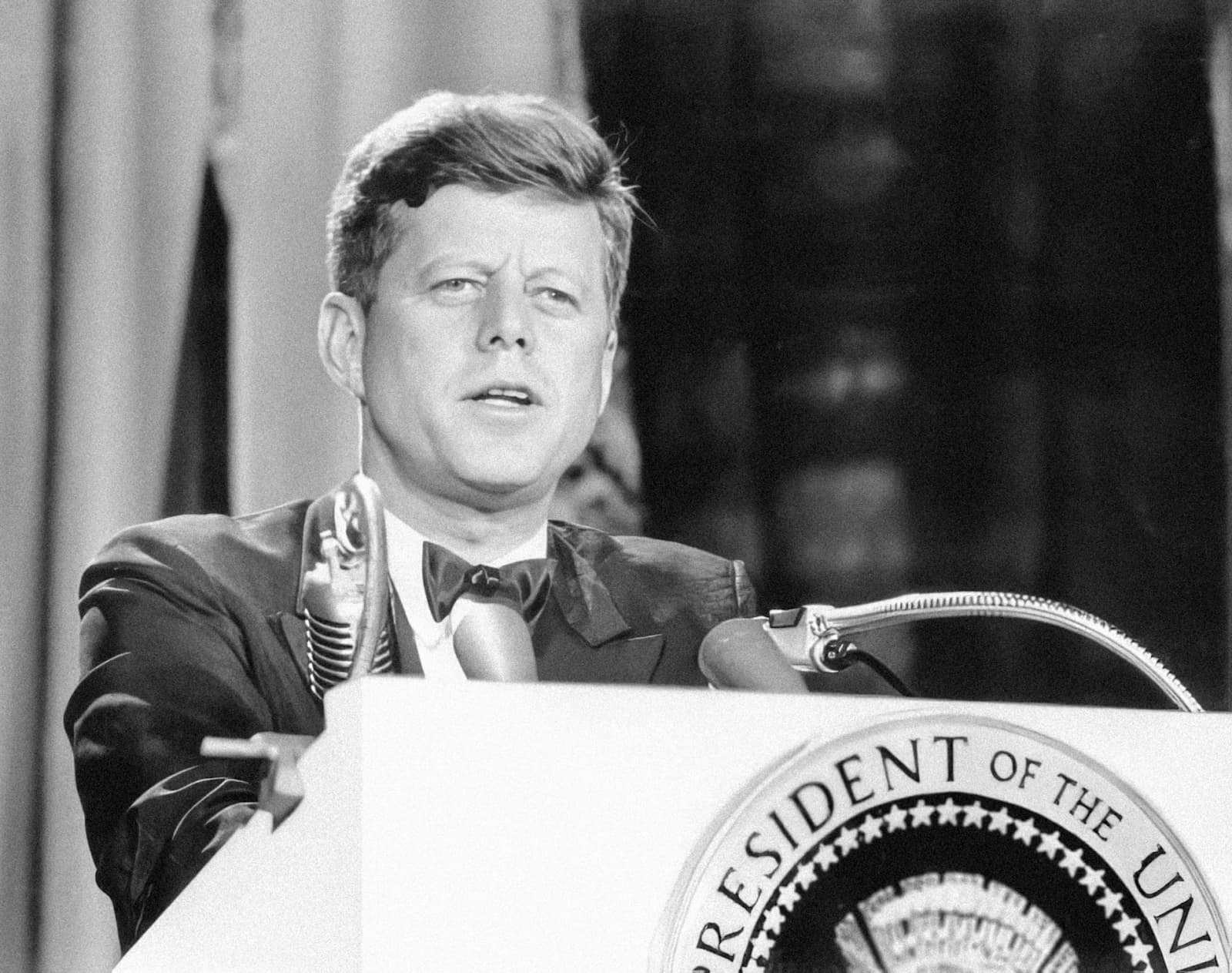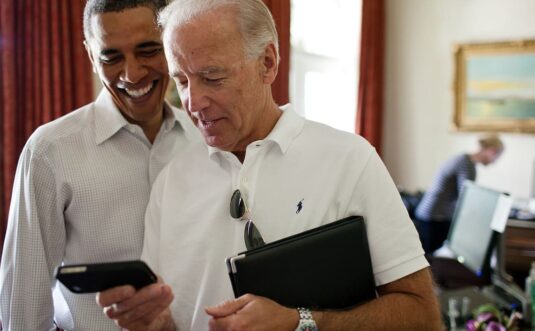The role of the President of the United States is one of immense responsibility and significance. While many presidents serve their full terms, some have had their time in office cut short due to unforeseen circumstances. These unfinished presidencies have had profound impacts on American history, shaping the nation in ways that often go beyond their original intentions. In this article, we explore the circumstances and historical impacts of presidents who left office before completing their terms.
William Henry Harrison: The Shortest Presidency
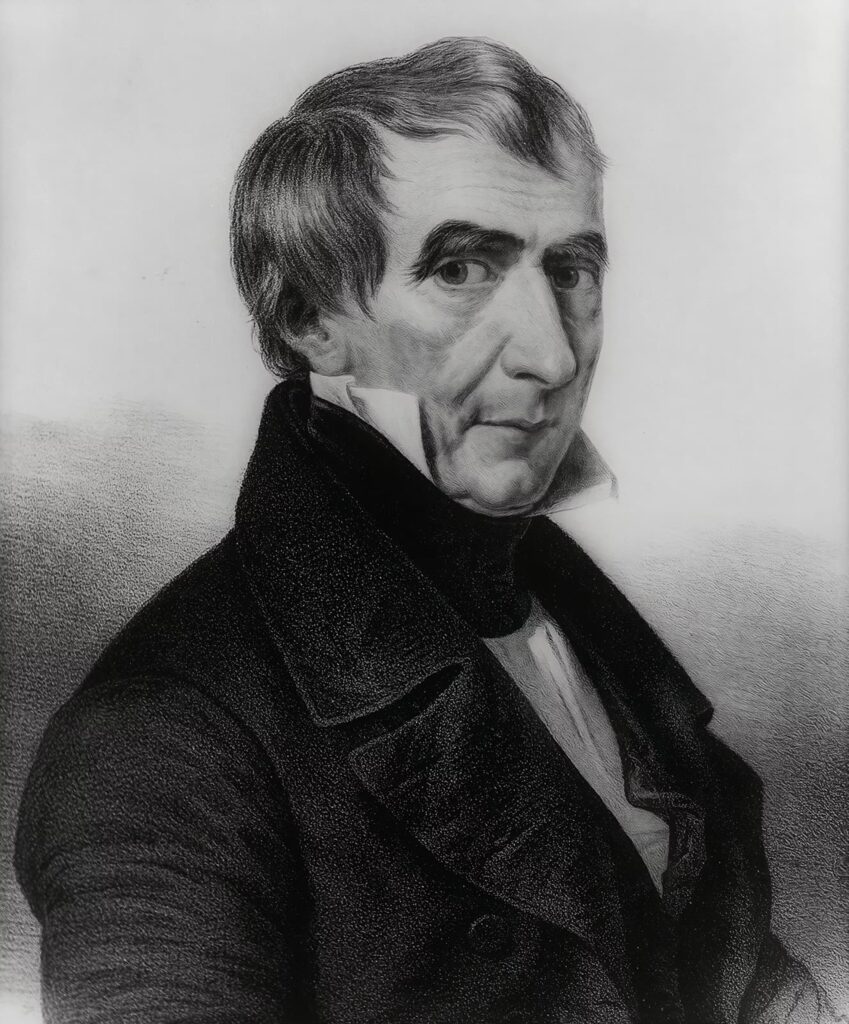
Circumstances: William Henry Harrison holds the record for the shortest presidency in American history, having served only 32 days. Elected in 1840, Harrison was the ninth president of the United States. He was known for his military success in the Battle of Tippecanoe, which earned him the nickname “Old Tippecanoe.” However, his tenure in the White House was tragically brief.
On March 4, 1841, Harrison delivered the longest inaugural address in American history, lasting nearly two hours. Despite the cold and rainy weather, he did not wear a hat or overcoat, which was considered a contributing factor to the illness that soon followed. Harrison caught a severe cold, which quickly developed into pneumonia. Just a month after taking office, on April 4, 1841, he died, making him the first U.S. president to die in office.
Historical Impact: Harrison’s death had significant implications for the American political system. It raised questions about presidential succession, as the Constitution at that time was vague about whether the vice president would become president or merely act as president. Vice President John Tyler asserted his right to the presidency, setting a crucial precedent by assuming full presidential powers and taking the oath of office. This precedent was later codified in the 25th Amendment to the Constitution, which clarified the procedures for presidential succession and the transfer of power.
Abraham Lincoln: A Nation Mourns
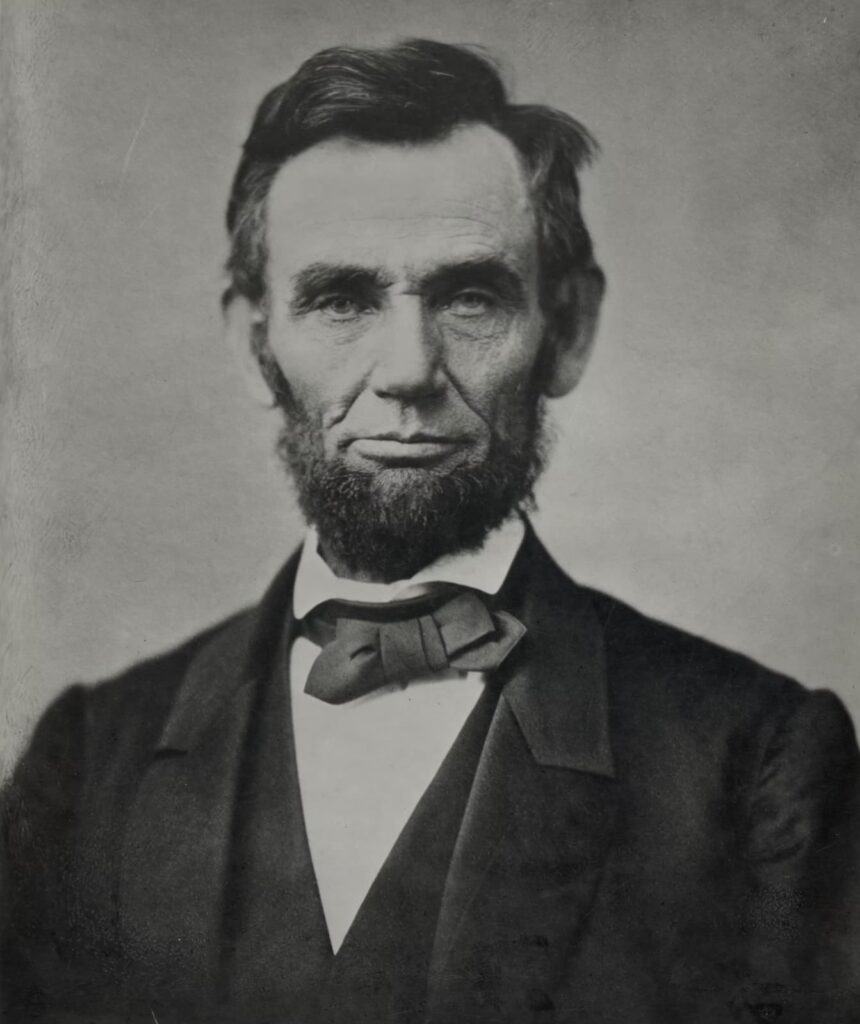
Circumstances: Abraham Lincoln, the 16th president, is one of the most revered figures in American history. Elected in 1860, Lincoln led the nation through its most challenging period, the Civil War. His leadership preserved the Union and paved the way for the abolition of slavery with the Emancipation Proclamation and the passage of the 13th Amendment.
Tragically, Lincoln’s second term was cut short by assassination. On April 14, 1865, just days after the Confederate surrender at Appomattox Court House, Lincoln was shot by John Wilkes Booth, a Confederate sympathizer, while attending a play at Ford’s Theatre in Washington, D.C. He died the following morning, making him the first president to be assassinated.
Historical Impact: Lincoln’s assassination had profound effects on the nation. His death plunged the country into deep mourning and left a significant leadership void during the crucial period of Reconstruction. Vice President Andrew Johnson succeeded Lincoln and attempted to carry out Lincoln’s policies, but he faced significant opposition from Radical Republicans in Congress. Johnson’s lenient approach to the South’s reintegration into the Union led to conflicts that hindered Reconstruction efforts.
Lincoln’s legacy, however, endured. His vision for a united country and the abolition of slavery continued to influence American politics and society. His martyrdom also elevated his status, making him a symbol of national unity and the fight for freedom and equality.
James A. Garfield: The Impact of Medical Practices
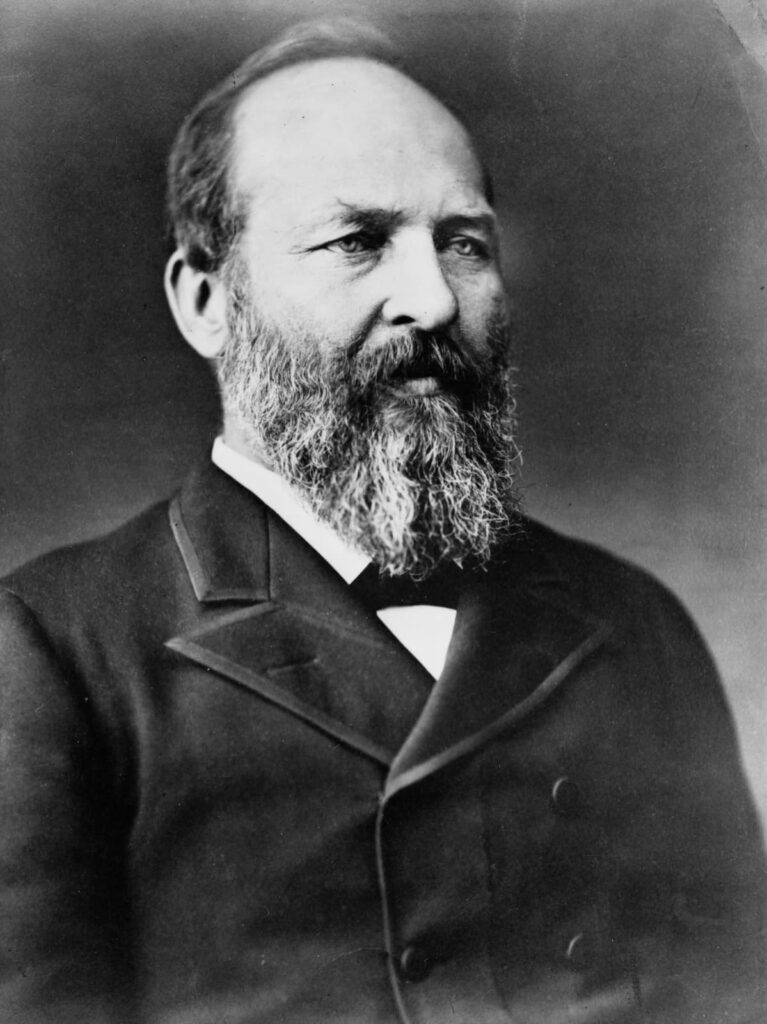
Circumstances: James A. Garfield, the 20th president, served from March 4, 1881, until his assassination later that year. Garfield was shot by Charles J. Guiteau, a disgruntled office seeker, on July 2, 1881. Although the initial wound was not fatal, Garfield’s medical treatment was disastrous by today’s standards. Doctors repeatedly probed the wound with unsterilized instruments and fingers, leading to severe infections.
Garfield suffered for 11 weeks before succumbing to his injuries on September 19, 1881. His prolonged suffering and death highlighted the need for advances in medical practices and sanitation.
Historical Impact: Garfield’s assassination and subsequent death led to increased awareness and advancements in medical care and the importance of antiseptic procedures. The tragedy also spurred the reform of the civil service system. Guiteau’s claim that he had been promised a government job by Garfield’s administration brought attention to the patronage system, where political supporters were rewarded with government positions.
In response, the Pendleton Civil Service Reform Act was passed in 1883, establishing a merit-based system for federal employment and reducing the power of the patronage system. This act marked a significant step towards a more professional and less corrupt federal workforce.
John F. Kennedy: A Nation in Shock
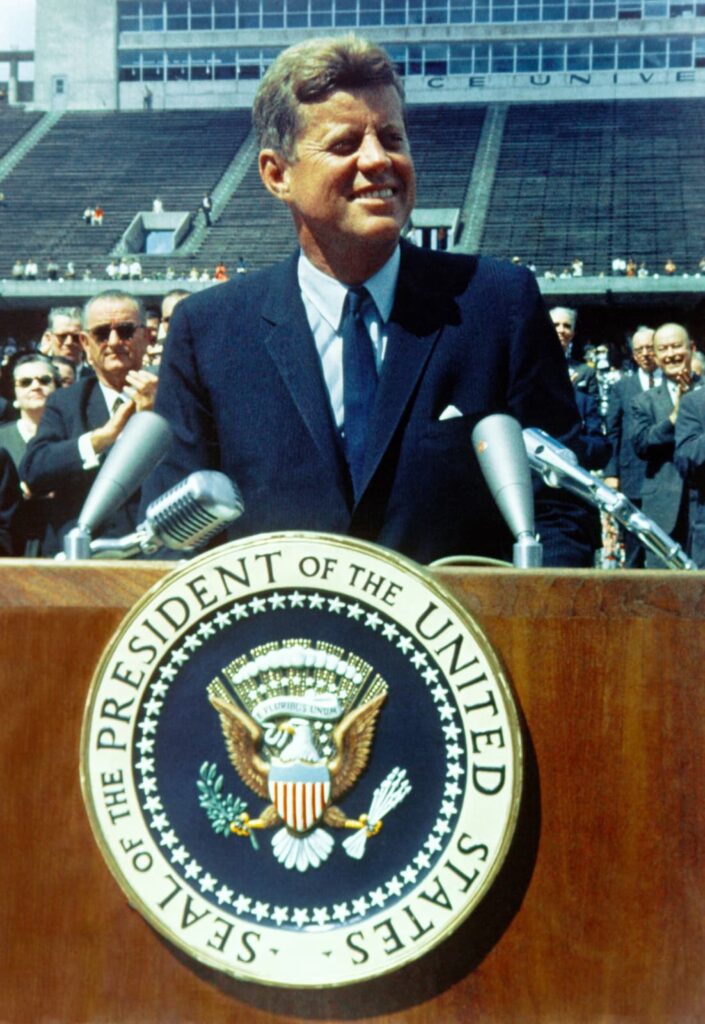
Circumstances: John F. Kennedy, the 35th president, served from January 20, 1961, until his assassination on November 22, 1963. Kennedy’s presidency was marked by significant events, including the Cuban Missile Crisis, the launch of the space race, and the early stages of the Civil Rights Movement.
Kennedy was assassinated while riding in a motorcade in Dallas, Texas. Lee Harvey Oswald was charged with the assassination, although numerous conspiracy theories continue to surround Kennedy’s death.
Historical Impact: Kennedy’s assassination shocked the nation and the world. It marked the end of a hopeful era often referred to as “Camelot,” a term used to describe the Kennedy administration’s youthful vigor and idealism. Vice President Lyndon B. Johnson was sworn in as president, and his administration pushed forward significant legislation, including the Civil Rights Act of 1964 and the Voting Rights Act of 1965.
Kennedy’s death also led to the establishment of the Warren Commission to investigate the assassination. While the commission concluded that Oswald acted alone, the event deeply affected American society and politics, leading to a greater focus on security for public officials and ongoing debates about the transparency and accuracy of government investigations.
Conclusion
The unfinished terms of these presidents highlight the fragility of leadership and the profound impact that sudden changes in power can have on a nation. Each of these presidents left an indelible mark on American history, not only through their policies and actions while in office but also through the circumstances of their departures. Their legacies continue to shape the United States, reminding us of the importance of stability, succession planning, and the resilience of democratic institutions.
